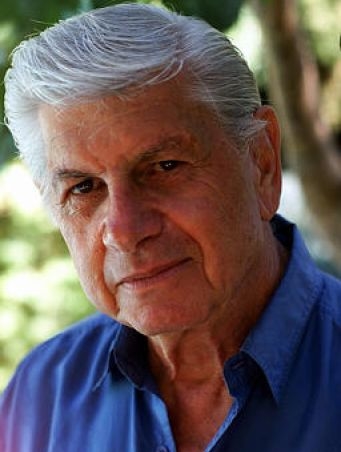
Behind The Glass Volume II - Page 2
Previous 1 - 2 - 3 - 4 - 5 - 6 - 7 - 8 Next
What do you think that “magic ingredient” is?
It’s when somebody’s head is so into sound that they instinctively understand what it’s all about from the word go. With the people that didn’t have that instinct, you could sense that everything you told them was going over their head. I know it’s a pretty broad statement, but you could almost tell who was into sound just by talking to them. Then it came down to who had good ears, and who was tuned into the client. Obviously it’s important to be able to understand what the producer and artist has to say; so much of this job is about communication, verbal or otherwise. You can tell who the good communicators are, too, because producers want to work with them over and over again.
The job seems to be as much about psychology as technical ability.
Well, I don’t think it’s a matter of knowingly trying to get people to bend to your will; it’s a matter of merging personalities. Stan Ross, the owner of Gold Star, was a great engineer—one of the best—and he had an ability that I wished I had, which was to make every client feel that what he was doing was really good, and that he was a hundred percent behind them. With me, if I felt that what was happening wasn’t good, I couldn’t hide it. I regretted not having that ability, and I’m sure it cost me some work with certain clients, but at least I was honest.
So Stan not only had the ear, but people loved him too. He didn’t manipulate anyone, though, which is what the word “psychology” implies to me. I don’t think that works, anyway—it certainly wouldn’t work with someone like Phil! [laughs]
If you were as blunt as you say, how is it you were able to work successfully with Phil Spector for so many years despite the fact that he had a reputation as being difficult to get along with?
I think it was just a meeting of the minds—he knew that he could deal with me on his level, and I knew that he could deal with me on his level. Looking back forty years later, I think of all the times it could have gone the other way, and how fortunate I was to have been with Phil, even through all the drama. I also think about how tenuous it was that I even ended up with him; if I went astray in a couple of places, that would have been it, insofar as his trusting me.
Did you already have a reputation as a hit engineer before you started working with Phil?
I had made a few hit records, but Stan was the big name at Gold Star, and rightly so. I had worked with a songwriter called Wayne Shanklin, who produced and wrote, and one of the hit records I did with him was a song called “Primrose Lane,” with Jerry Walls. He also wrote another hit song that Stan recorded—Toni Fisher, singing “The Big Hurt”—which was the first use of phasing on a record... though it wasn’t intentional phasing. [laughs] Stan had made mono and stereo mixes—at that point, we only had two-track and mono anyway—and Wayne liked the mono mix, but he felt that Toni’s voice wasn’t out quite far enough, so the next day he asked me to make a tape copy and to run the two mixes together in order to double the sound of her voice. I explained to him that that wouldn’t work, because the two tape machines wouldn’t stay in sync, but he insisted that I try it anyway. So I did—I lined up the two tapes and started the two machines simultaneously... and it stayed together, pretty much, for the first eight bars, and then one went out of phase with the other. It just happened to be at a point where the strings went up in the air and disappeared and then came back after the null point.
My reaction was, “See, I told you it wouldn’t work,” but he was falling on the floor, saying, “Wow—can you make that happen in other places?” So I figured out which tape was moving a little bit ahead and I started it slightly later so it would catch up. In the end I made about six edits. It ended up being a big hit record when it was released back in 1959, and people were trying to guess where it was made—a lot of disk jockeys were talking about it on the air, wondering if it was made at an airport with a big jet passing by. So it wasn’t something intentional to start with, but, like many innovations, pure luck.
Previous 1 - 2 - 3 - 4 - 5 - 6 - 7 - 8 Next
Webmaster: Jos Megroedt | Website: http://www.josmegroedt.com/ |
This site is hosted by: http://www.hostingphotography.com/

